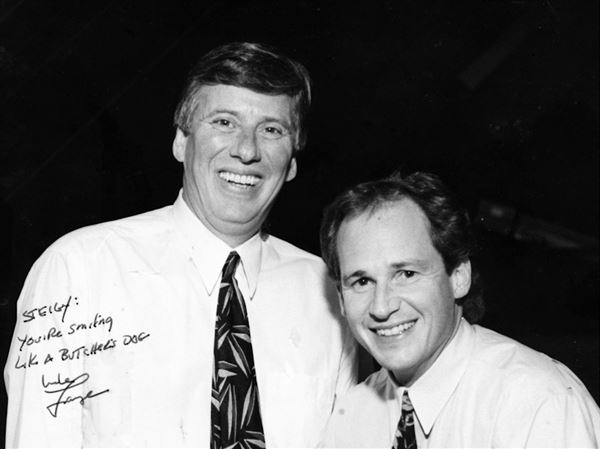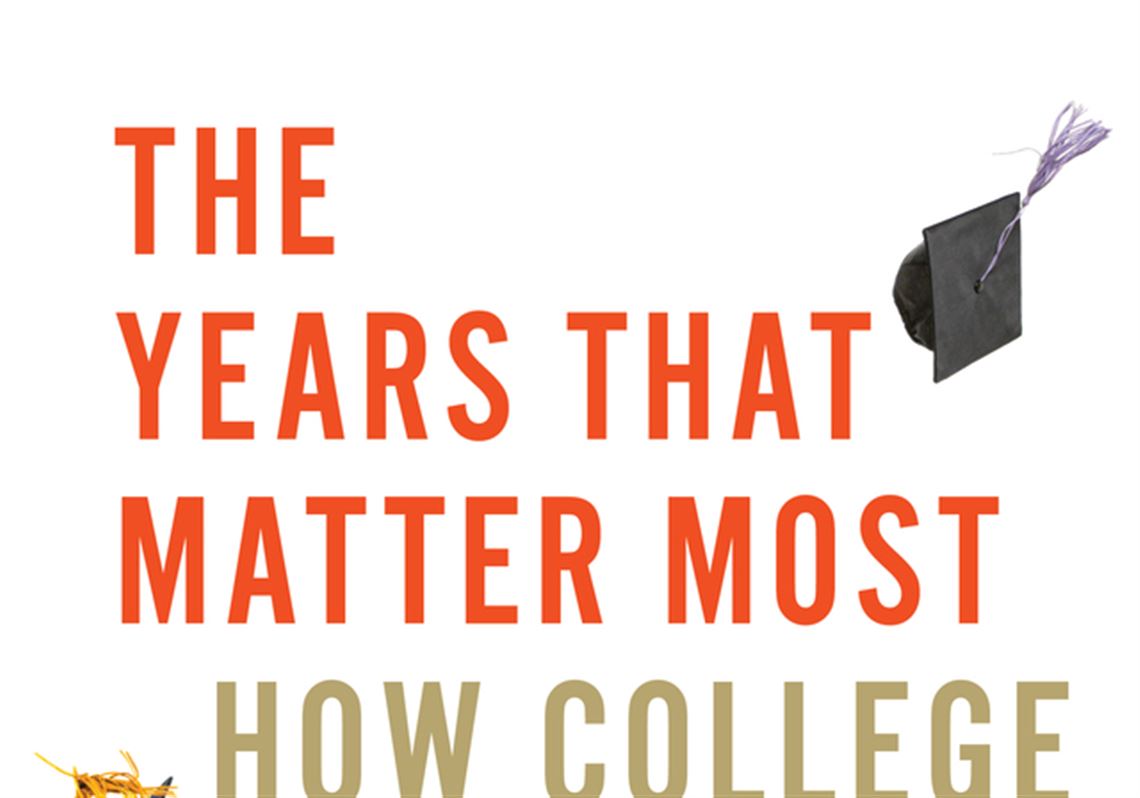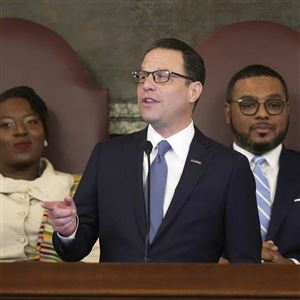KiKi Gilbert is black woman, raised by a single mother, who lived in seven states and attended more than a dozen schools by the time she was 17 years old. As Ms. Gilbert began to write the personal essay for her college applications, she realized that her story of living with six people in a shabby motel room throughout her sophomore year in high school — a homeless teen who made good — might appeal to people who granted admission and awarded scholarships. A source of sadness and pride, Paul Tough tells us, “the worst year of her life had become a commodity.”
Houghton Mifflin Harcourt ($28).
When she got to Princeton, a place where students shared their achievements — not their pain — with one another, and most African American undergraduates were not poor, that commodity “felt like a liability, not an asset.” That said, Ms. Gilbert got As on all her essays in freshman Humanities and decided to major in philosophy.
Ms. Gilbert’s success, Mr. Tough reminds us, is by no means the norm. In “The Years That Matter Most: How College Makes or Breaks Us,” the author, a contributor to The New York Times Magazine, draws on interviews with dozens of students, faculty and administrators, visits to a wide range of campuses, and the latest studies of admissions and graduation rates to provide a fascinating analysis of the impact of higher education on young Americans, especially low-income and first generation students. “The Years That Matter Most” is a lively, lucid, often eye-opening deep-dive into the causes and consequences of the demographic disparities in our colleges and universities — and how they might best be addressed.
At a time in which about 40% of young adults believe that an undergraduate degree is not worth the cost, Mr. Tough demonstrates that the wage gap between college graduates and those without a degree is as high in the United States as it has ever been. Moreover, graduates of highly selective colleges earn on average more than $2 million more than graduates of nonselective colleges with similar academic profiles. The bonus is even greater for graduates of elite colleges.
But the number of students from economically disadvantaged families attending these colleges is small. Using data supplied by the IRS, a group of researchers found that every selective college has a disproportionate number of undergraduates from families with income at the top of the economic pyramid, with many enrolling more from the top 1% than the bottom 60%. In the Ivy Plus colleges, more than two-thirds of students grew up rich, while fewer than 4% were poor. Elite colleges remain willing to put a thumb — or two — on the scales for “legacy” applicants, i.e. the children of alumni.
Many institutions have increased offers of “merit aid,” to induce wealthy students to enroll. Contrary to conventional wisdom, Mr. Tough points out, colleges in the United States collectively give more financial assistance to students with family incomes over $100,000 than to students with family incomes under $20,000.
Perhaps even more surprising is the compelling case the author makes that the pool of highly qualified high school graduates from poor families is quite large. One study found that each year about 30,000 individuals from this cohort had grade point averages of A minus or above and SAT or ACT scores in the top 10 percent of test-takers.
Many of them, alas, are not applying, let alone getting accepted, to selective schools. Mr. Tough blames the colleges for failing to recruit them. Although administrators claim they want a more racially and economically diverse student body, he suggests, they actually prefer the increased revenue that accompanies traditional enrollment management — and the positive impact on rankings from publications that put a lot of weight on standardized test scores (which correlate directly and dramatically with family income and do not measure aptitude).
After assessing the encouraging results at the University of Texas and several standardized test-optional schools, Mr. Tough proposes that admission be based on an applicant’s high school curriculum and grades. Given the great and growing importance of a college degree, this approach, if accompanied by a commitment to promote a sense of belonging for all students on each campus, may be well worth trying.
Glenn C. Altschuler is the Thomas and Dorothy Litwin Professor of American Studies at Cornell University.
First Published: January 12, 2020, 3:00 p.m.














